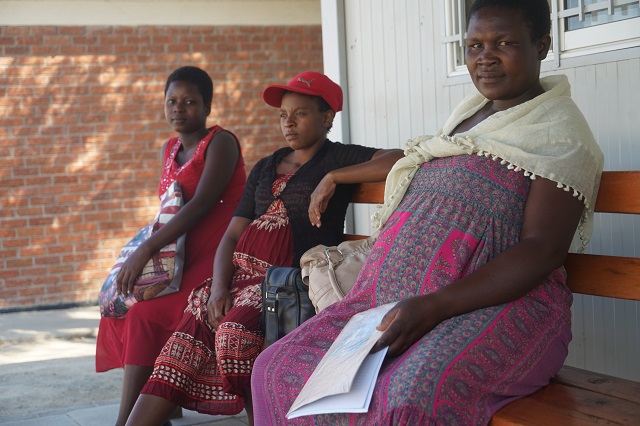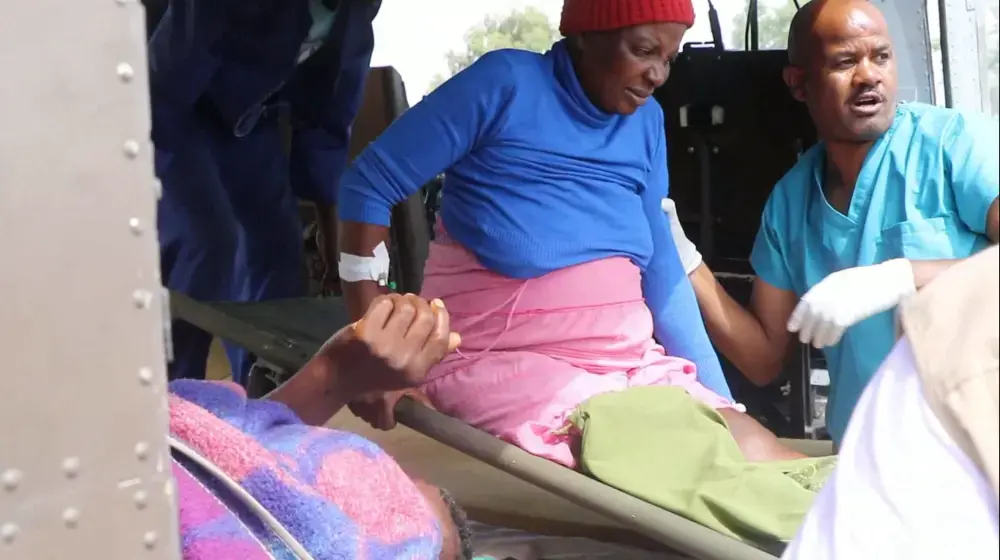Dr. Admire Maravanyika, is among the 32 health workers that have received training on emergency obstetric and neonatal care. As the Provincial Maternal and Child Health Officer for Manicaland province for the Ministry of Health and Child Care, he says he is hopeful that the trainings will improve the capacity of the province’s healthcare workers.
“The training will boost their confidence, protect the communities and ultimately, service provision will be improved resulting in a reduction in maternal and perinatal deaths,” said Dr Maranyika
At least 32 health workers that include doctors, midwives, nurses and support staff from 20 health facilities Cyclone Idai affected districts benefited from the training. The trainings were facilitated by the Ministry of Health and Child Care and the United Nations Population Fund (UNFPA) with funding from the People’s Republic of China.

“The support from the Government of China is timely, its indeed a welcome intervention but for it to be successful – it has to look at other facets of maternal health care service provision, these include fully equipping the health facilities with relevant machinery to complement the personnel capacitation,” said Dr. Maravanyika.
Within a few months of investments by the Government of China, together with other partners, it is pleasing to note that the training, among other investments, is already paying dividends as the number of maternal deaths in the province have since reduced.



